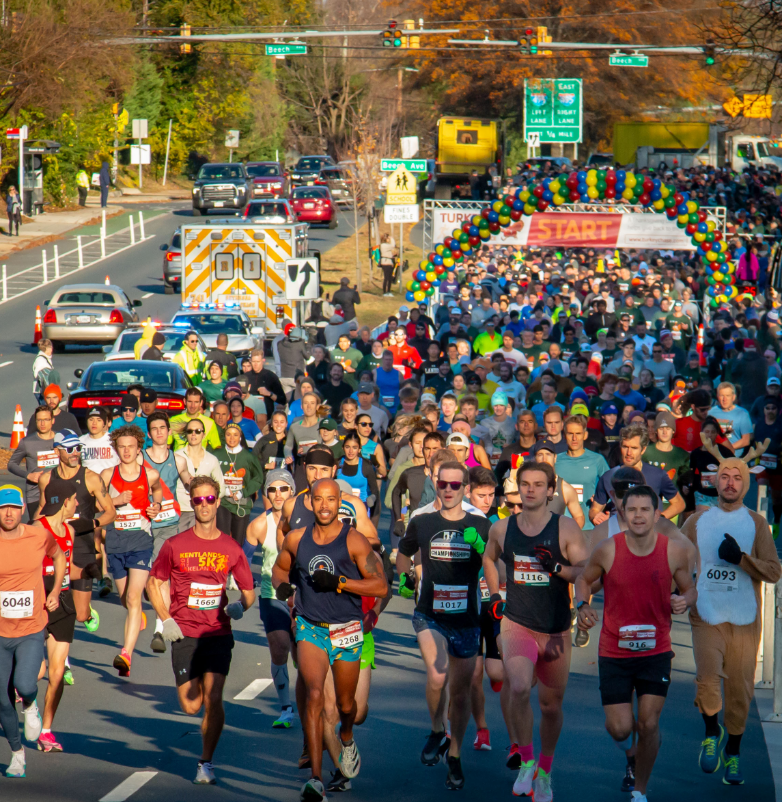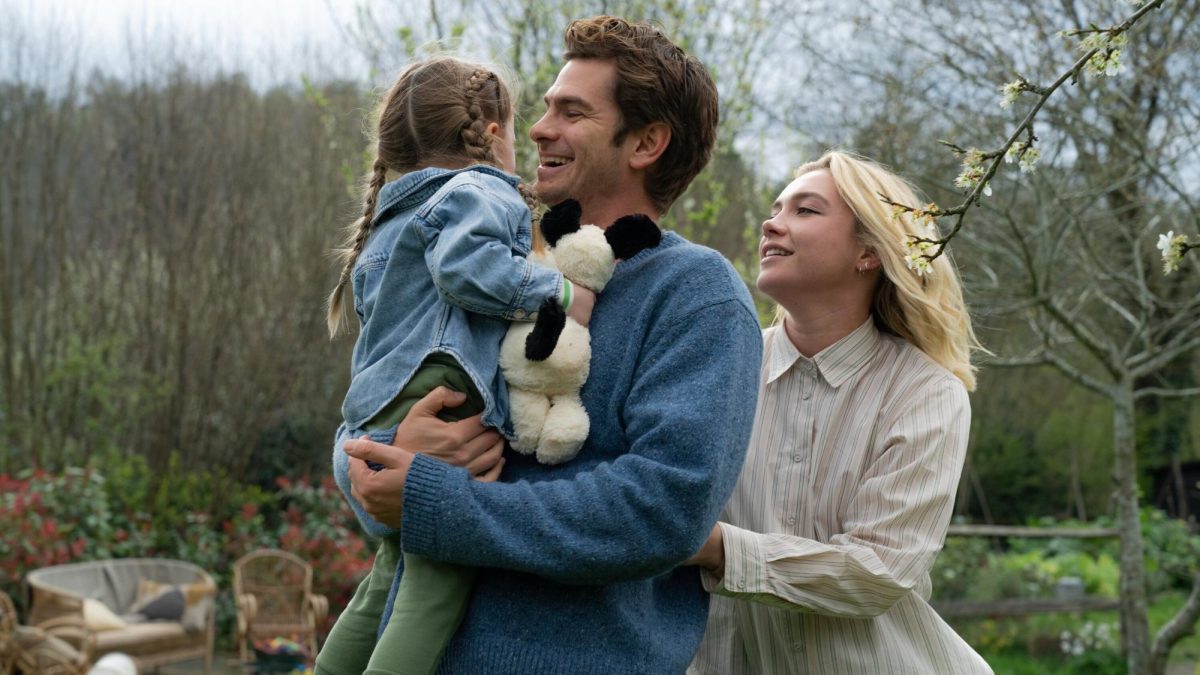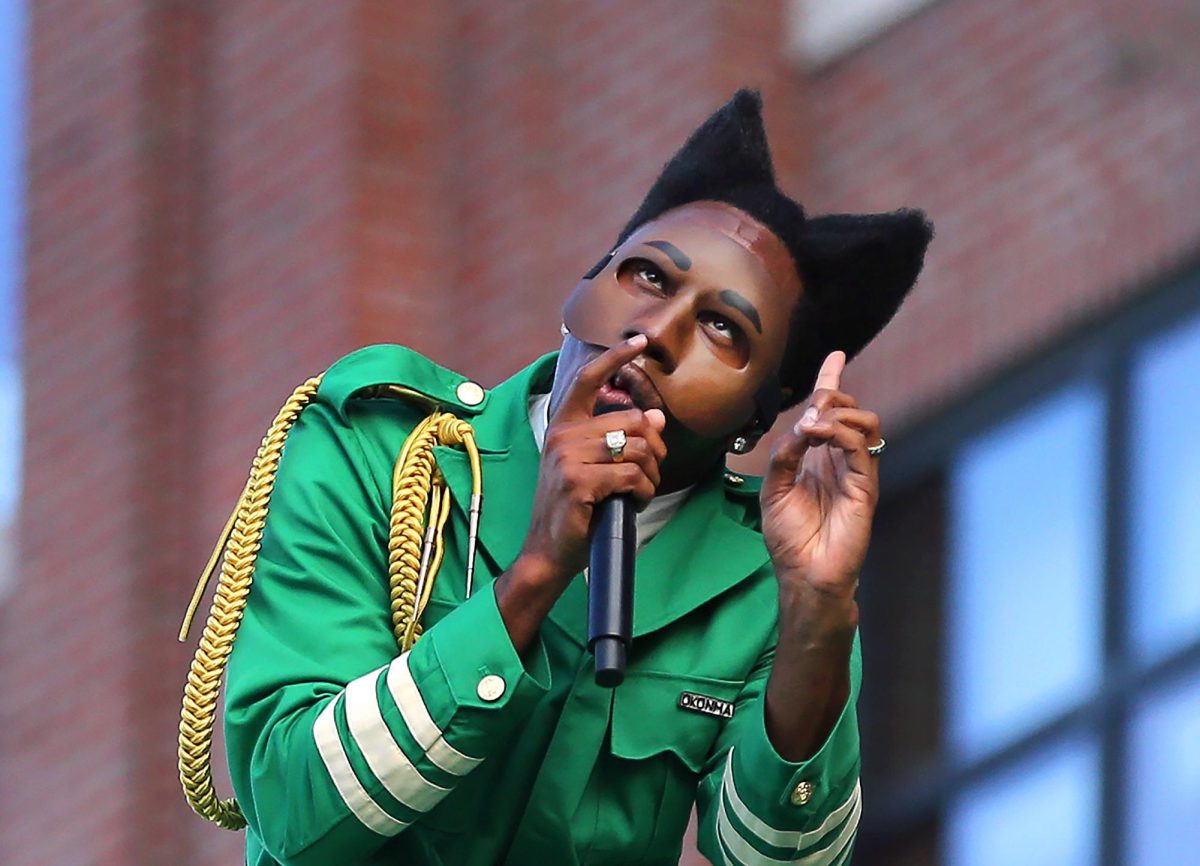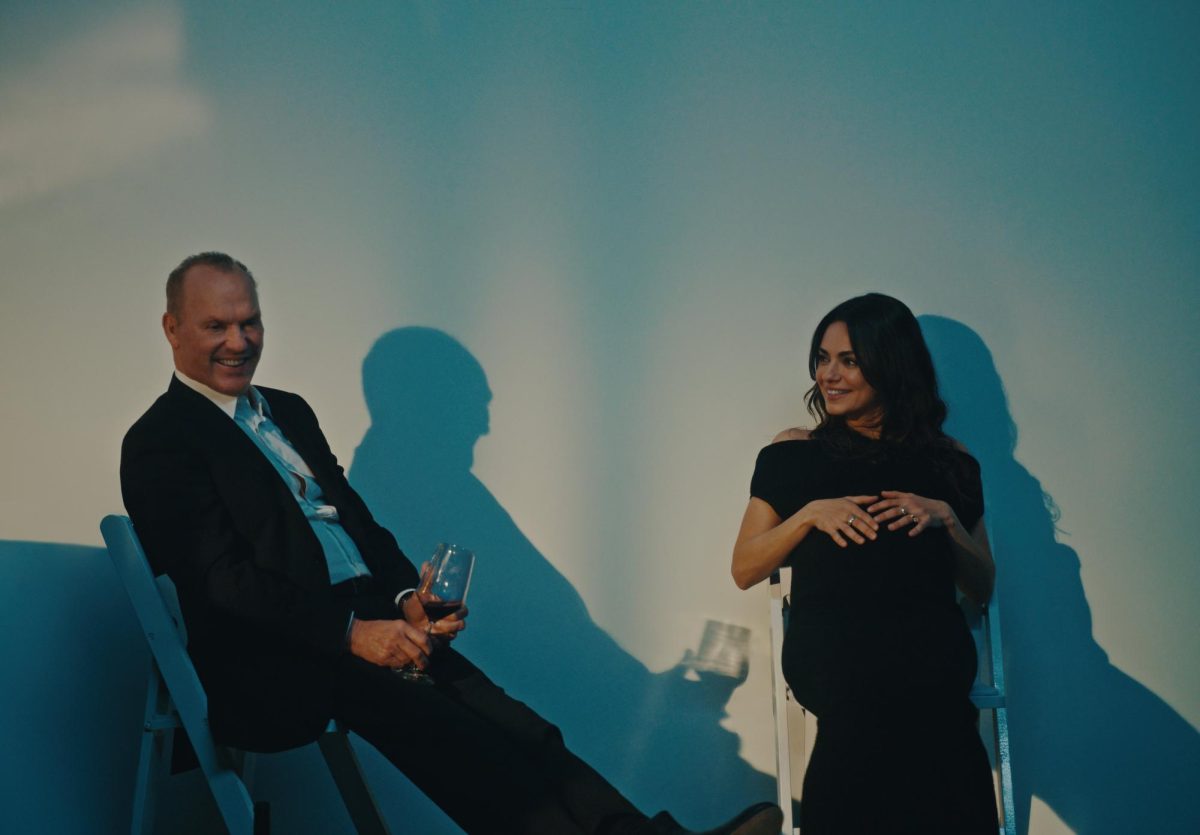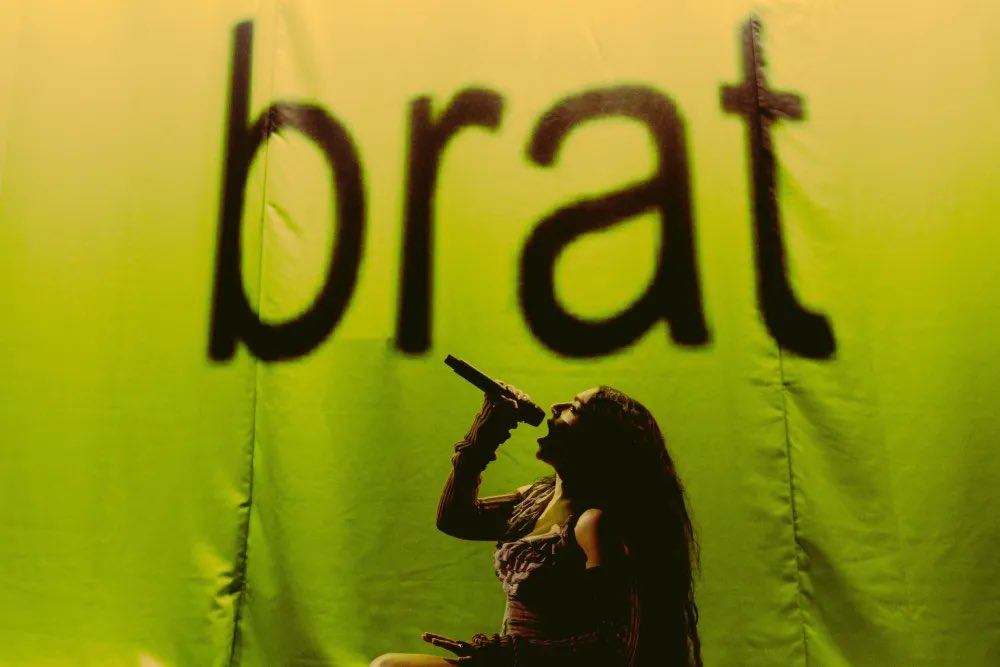Enormous white tents sprawled across the length of the National Mall as crowds of people eagerly listened to the unsung heroes of the literary world Sept. 22 and 23.

The 12th annual National Book Festival took over Washington D.C. this weekend. Over 125 authors, poets, illustrators and entertainers gathered to discuss literature and how it changed their lives. Sponsored by the Library of Congress, the festival has been around since 2001. This year’s theme was “Books That Shaped America.”
Tents focused on genres such as Children, Teens and Children, Contemporary Life, Fiction and Mystery, History and Biography, Poetry and Prose, and a Family Storytelling Stage. On Sunday, the festival added Science Fiction, Fantasy, and Graphic Novels.
There was an author giving a talk inside each tent. In addition, the C-Span Live broadcast station interviewed several authors live on the show, while spectators watched.
Sophomore Allison Frank loved seeing authors from books she’d read at school, and exploring the huge selection of novels to buy, she said.
“It was interesting to meet the authors who wrote books that I’d read,” she said. “It was like connecting school books to the real world.”
The Scholastic Build-a-Book Tent allowed kids to sit comfortably while a TV showed a reading of “Clifford, The Big Red Dog.” The Family Storytelling pavilion teemed with laughter as kids sang “The Eensie Weensie Spider.”
In tents representing more mature genres, authors like Mary Pope Osbourne and Walter Dean Myers discussed their hardships, and how it made them better writers. David Levithan talked to teens about how being gay influenced his writing, especially in regard to his book “Boy Meets Boy.” Levithan is also the publisher of the Hunger Games trilogy.
“There aren’t enough gay people telling stories,” he told the audience. “The more of us, the more vibrant the literature is.”
Festival goers paid attention to authors while they were talking, which made the experience meaningful. Though the festival was busy, most people were attentive, Frank said.
Sandra Cisneros presented at the Fiction and History tent, and gave her thoughts on her essay “Eleven,” a memoir told through the eyes of an eleven year old. Cisneros said the story in many ways came from personal experience.
“We need to write the stories we can’t speak. Don’t write about the things you remember, write about the things you can’t forget,” she told the audience. “We must write those stories so they won’t make us ill anymore.”




